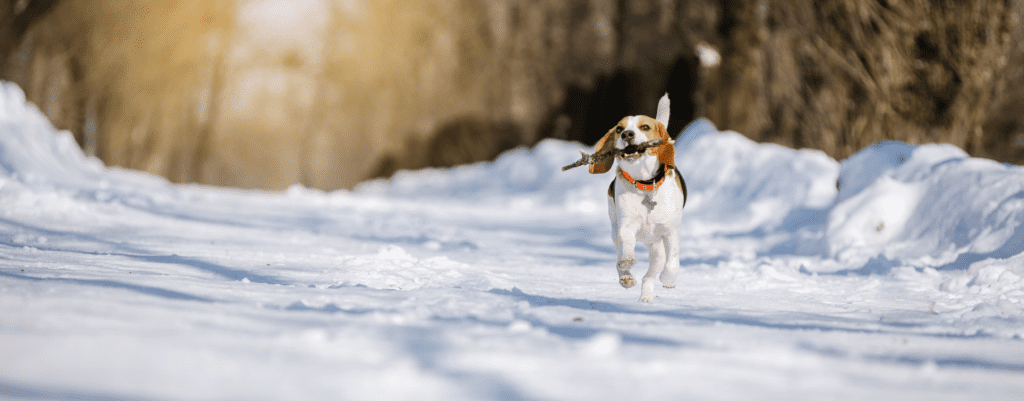As pet owners, ensuring the well-being of our furry companions is a top priority. With the emergence of new canine respiratory diseases, it becomes imperative to take proactive measures to protect our dogs. In this comprehensive guide, we will explore the current threat of canine respiratory diseases spreading across the United States and provide practical tips to safeguard your four-legged friend from seasonal illnesses. By the end of this blog, you'll be equipped with the knowledge to keep your dog healthy and happy year-round.
Understanding Canine Respiratory Diseases
Canine respiratory diseases, also known as kennel cough or infectious tracheobronchitis, are highly contagious infections that affect a dog's respiratory system. The recent surge in cases across the United States has raised concerns among pet owners, necessitating a deeper understanding of the causes, symptoms, and preventive measures.
- Causes of Canine Respiratory Diseases: These types of diseases are commonly caused by a combination of viruses and bacteria, such as Bordetella bronchiseptica, canine parainfluenza virus, and canine adenovirus. Understanding the sources and modes of transmission is crucial for effective prevention.
- Symptoms to Watch Out For: Recognizing the early signs of canine respiratory diseases is essential for prompt intervention. Common symptoms include persistent coughing, nasal discharge, sneezing, lethargy, and loss of appetite. Identifying these indicators early on can make a significant difference in your dog's recovery.
- Learn more about Pet Insurance and compare our recommended providers here: Lemonade, our top choice, is one of the highest-rated insurance providers in the US. They offer massive savings on tests, vaccines, essential care, and much more. Get covered in seconds and receive claims approvals in minutes. Sign up now to get 5% off for two or more pets!
Protective Measures Against Canine Respiratory Diseases
Now that we understand the threat posed by canine respiratory diseases, let's delve into practical steps to shield our dogs from these seasonal illnesses.
- Vaccination Protocols: Consult with your veterinarian to establish a robust vaccination protocol tailored to your dog's needs. Vaccines play a crucial role in preventing infectious diseases, including canine respiratory infections. Stay up-to-date with recommended vaccinations and boosters to ensure your dog's immunity remains strong.
- Maintain a Clean Environment: Good hygiene practices are key to preventing the spread of respiratory diseases. Regularly clean your dog's living space, including bedding, toys, and food bowls. Disinfect common areas and surfaces to minimize the risk of contamination. A clean environment contributes significantly to your dog's overall well-being.
- Avoid High-Risk Areas: Exercise caution when taking your dog to public places, especially where large groups of dogs congregate. Dog parks, kennels, and grooming facilities can be hotspots for the transmission of respiratory infections. Limit exposure to these areas, particularly during peak seasons of illness.
- Proper Nutrition for Immune Support: A well-balanced diet is fundamental to maintaining your dog's immune system. Ensure your pet receives the necessary nutrients to support overall health. Consult with your veterinarian to determine the most suitable diet for your dog's age, breed, and health condition.
- Regular Veterinary Check-Ups: Routine veterinary check-ups are crucial for monitoring your dog's health and catching any potential issues early on. Regular examinations allow veterinarians to assess your dog's overall condition, provide preventive care, and address any concerns promptly.
- Quarantine and Isolation: If your dog shows signs of illness, it's essential to isolate them from other dogs to prevent the spread of infection. Consult your veterinarian for guidance on quarantine protocols and follow their recommendations for a safe recovery.
Before You Go...
Protecting your dog from seasonal illnesses, including the current threat of canine respiratory diseases, requires a proactive and holistic approach. By staying informed about the causes and symptoms of these infections and implementing preventive measures, you can significantly reduce the risk to your furry friend. Remember to work closely with your veterinarian to tailor a healthcare plan that meets your dog's individual needs. With the right knowledge and care, you can ensure a long and healthy life for your beloved canine companion.












